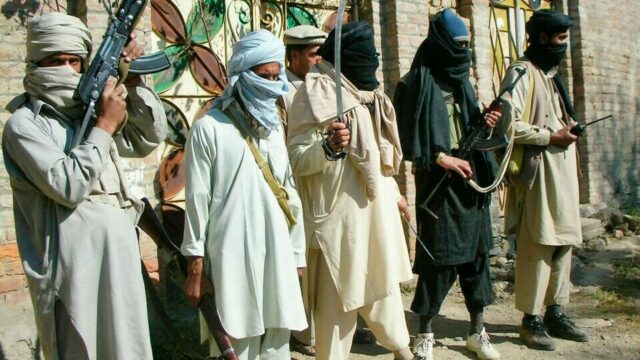Rising Militancy in Southern KP
Has the TTP regained control in southern KP? In recent months, militant activity in Khyber Pakhtunkhwa’s southern districts has surged alarmingly. The Tehrik-i-Taliban Pakistan (TTP) has reasserted its presence, undermining the state’s control. This resurgence coincides with the tenure of Ali Amin Gandapur’s provincial government, raising critical questions about its ability and willingness to counter this threat.
Gandapur’s Promises and the Reality
Ali Amin Gandapur vowed to end militancy, even promising civilian checks on army trucks. Yet, in his district, Dera Ismail Khan, militants have taken control. A local MP admitted he cannot safely visit his own constituency. The situation has worsened to the point where TTP commanders, like Gohar Wazir, are setting up courts in North Waziristan.
Public Demand for Peace
Two weeks ago, protesters in Parachinar, district Kurram, demanded peace. Residents of Bannu, Lakki Marwat, Dera Ismail Khan, and Karak reported that militants control main roads after evening, with security agencies nowhere in sight. This contrast between Gandapur’s rhetoric and the reality highlights a significant failure to address security concerns.
Historical Context of Militancy
The southern districts of KP, including Dera Ismail Khan, Tank, Lakki Marwat, South and North Waziristan, Karak, and Bannu, have historically been hotbeds of militant activity. Rugged terrain and socioeconomic challenges make these areas sanctuaries for insurgent groups. The Pakistani military has conducted numerous operations, with mixed results—periods of calm followed by renewed violence.
Local Support for TTP
The TTP has gained local support by exploiting grievances against the state. Issues like land disputes, tribal rivalries, and economic deprivation are manipulated by militants to gain a foothold in the community. Residents often take disputes to TTP commanders due to a lack of faith in courts and local administration.
Governance and Neglect
Gandapur’s administration faces accusations of neglecting southern districts in development and security. This neglect has fueled resentment, allowing the TTP to present itself as a defender of local interests. Within PTI circles, Gandapur is derisively called the “TikTok CM” for his rhetoric and threats to the federal government.
Challenges and Consequences
A PTI parliamentarian from Mardan questioned Gandapur’s ability to control militancy. The ongoing violence has led to a humanitarian crisis, with thousands displaced. Schools, hospitals, and essential services are disrupted, worsening the region’s conditions. The instability has impacted economic activities, making trade routes unsafe and causing local businesses to struggle.
Erosion of State Authority
The TTP’s ability to operate with impunity has eroded public trust in the government. Addressing the TTP threat requires a multi-faceted approach. The provincial government must enhance local police capabilities and improve coordination with the military and intelligence agencies.
Long-term Solutions
Long-term development initiatives are crucial. The government needs to invest in infrastructure, education, and healthcare to win the local population’s trust. Engaging with local communities and leaders is essential. The government must address legitimate grievances and involve local stakeholders in decision-making to build trust and cooperation.
Countering Extremism
Efforts must counter extremist narratives propagated by the TTP. Promoting moderate voices and providing platforms for dialogue and reconciliation are key. The situation in southern KP is a reminder of the complexities of countering insurgency and restoring state authority. The Gandapur-led provincial government has failed to address these challenges, allowing the TTP to regain a foothold. Moving forward, a comprehensive effort is required to reclaim these regions from militant control and restore peace to southern KP.


